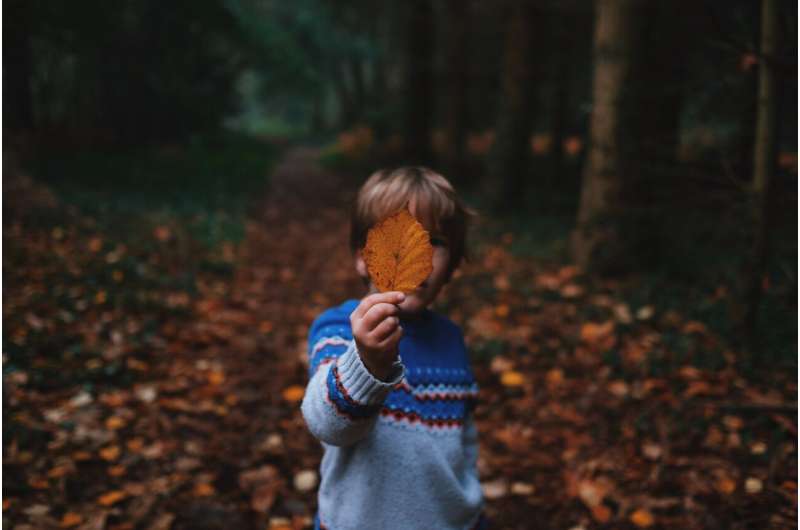This article has been reviewed according to Science X's editorial process and policies. Editors have highlighted the following attributes while ensuring the content's credibility:
fact-checked
trusted source
proofread
In mental health settings, practitioners see more eco-anxiety among patients

Increasingly, mental health practitioners like Karen Magruder of The University of Texas at Arlington are seeing a phenomenon in their clinical settings that isn't well-described in the research literature.
Magruder, assistant professor of practice in the School of Social Work, is digging deeper into a feeling of environmental dread called eco-anxiety. It's defined as the feeling of worry over future consequences of the ongoing climate crisis, not to be confused with eco-grief, a backward-facing feeling of mourning over the loss of what used to be.
"It's definitely becoming more of an issue that's being seen by those social workers who practice in a mental health setting," said Magruder, who recently wrote a piece on eco-anxiety in Social Work Today. "I saw it in my own practice and started digging into the literature. I realized that it wasn't formally described as much as I was seeing. Now, I feel like the research is catching up to what we saw in the field, especially among younger people."
Eco-anxiety is also leading to people making major life decisions based on their concerns, such moving to regions less affected by extreme weather, choosing environmentally oriented careers or not having children. Magruder said there are other ways to cope with these feelings, such as finding professional support from a counselor or becoming a bigger part of environmental solutions.
In addition to counseling others, Magruder volunteered her time with the DFW chapter of the Climate Reality Project, where she started a subcommittee for self-care to support those having a hard time with eco-anxiety.
"I saw a lot of my like-minded colleagues feeling similar thoughts and struggles," she said. "They were feeling hopeless, anxious and worried about the direction that things are going."
Magruder said getting involved in advocacy is one way to lessen the mental health impacts of eco-anxiety.
"Maybe it's through political advocacy, art, education—you name it," she said. "Being able to act and have social support can help inspire and encourage you to keep going."
More information: Karen Magruder, Behavioral Health Brief: Exploring the Prevalence and Treatment of Eco-Anxiety, Social Work Today (2023). www.socialworktoday.com/archive/Spring23p10.shtml





















